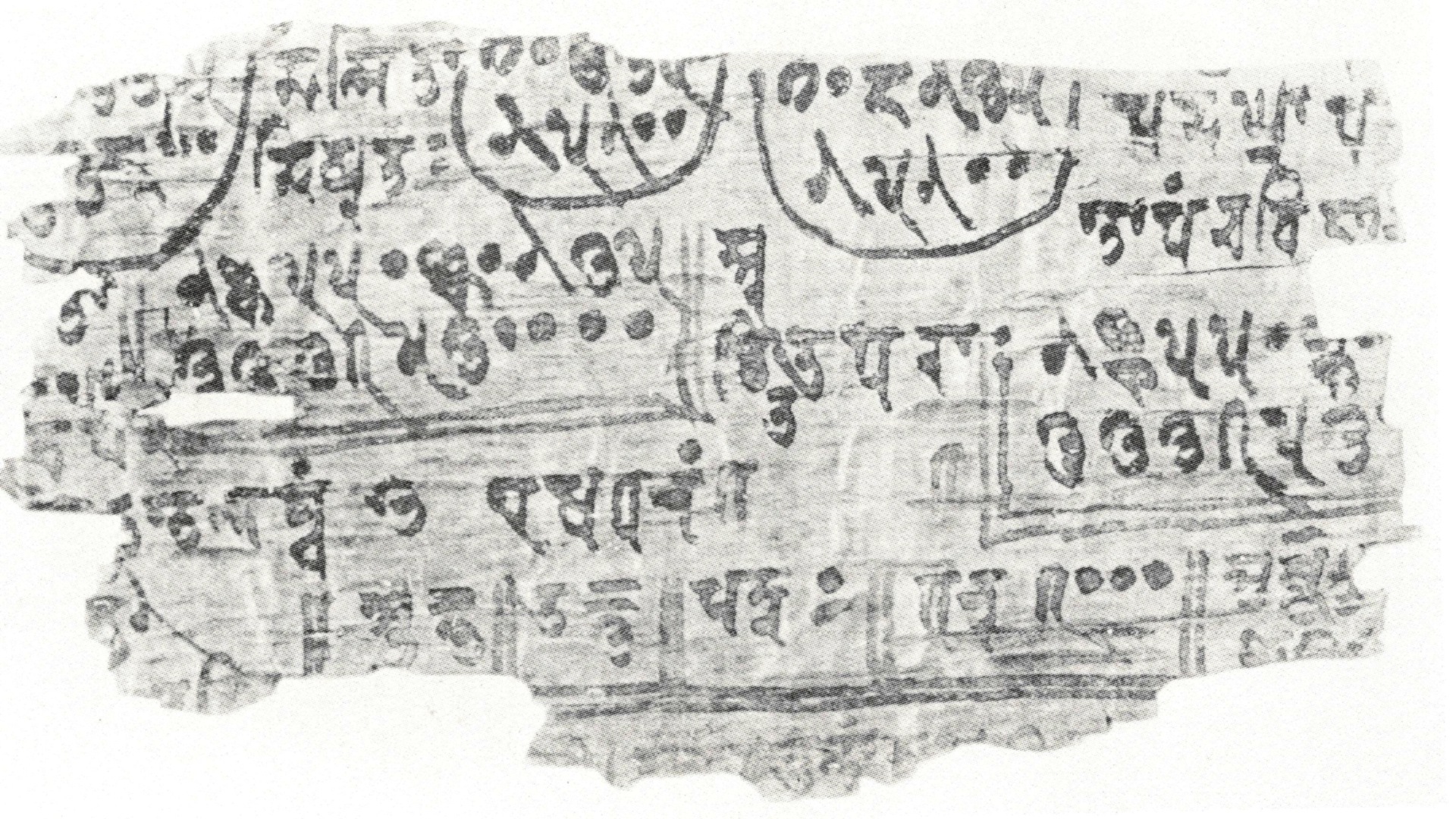The Bakhshālī Manuscript: A Response to the Bodleian Library's Radiocarbon Dating
DOI:
https://doi.org/10.18732/H2XT07Abstract
Popular attention has recently been captured by the results of the Bodleian Library's 2017 project of radiocarbon dating portions of the birch-bark fragments constituting what is known as the Bakhshālī Manuscript. In this paper, we disagree with the interpretation of the findings announced by the Bodleian team. In particular, we argue that the earliest dated folio of this manuscript is unlikely to be the date of the whole text. Rather, the latest dateable folio is logically the date of the scribal activity. This fits well with past estimates of the date of the Bakhshālī Manuscript based on historical, philological and palaeographic arguments.. And we argue that the Bakhshālī Manuscript does include written zeros that function as arithmetical operators, i.e., as numbers in their own right, and not merely as place-holders, as asserted by the Bodleian team. Finally, we express regret that the Bodleian Library chose to announce scientific results without peer-review and through a press release to newspapers and a YouTube video.
Downloads

Downloads
Published
How to Cite
Issue
Section
License
Copyright (c) 2017 Dominik Wujastyk, Takao Hayashi, Agathe Keller, Clemency Montelle, Kim Plofker

This work is licensed under a Creative Commons Attribution-ShareAlike 4.0 International License.
Authors who publish with this journal agree to the following terms:Authors retain copyright and grant the journal right of first publication with the work simultaneously licensed under a Creative Commons Attribution-ShareAlike license that allows others to share the work with an acknowledgement of the work's authorship and initial publication in this journal.
Authors are able to enter into separate, additional contractual arrangements for the non-exclusive distribution of the journal's published version of the work (e.g., post it to an institutional repository or publish it in a book), with an acknowledgement of its initial publication in this journal.
Authors are permitted and encouraged to post their work online (e.g., in institutional repositories or on their website) prior to and during the submission process, as it can lead to productive exchanges, as well as earlier and greater citation of published work (See The Effect of Open Access).



